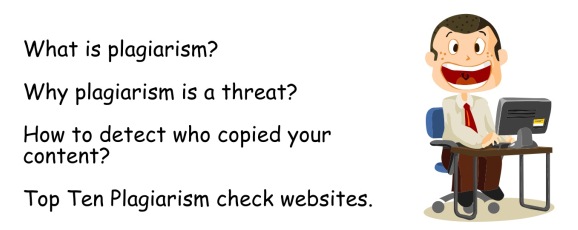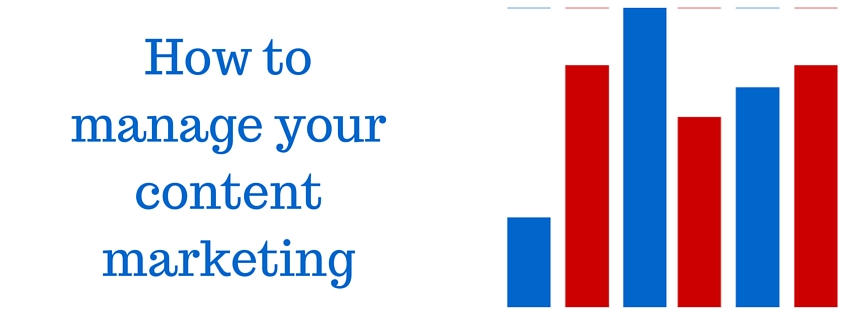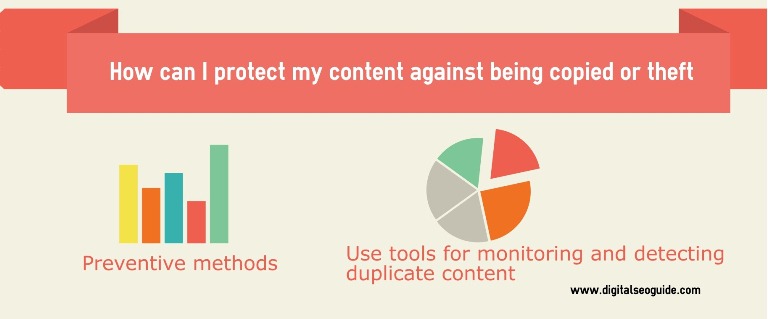How to use keyword phrases properly in a content? The keyword is the backbone of a sound content marketing strategy, yet very few of us are totally aware that how, where and when the keywords should be placed in a content to get the best out of the efforts. This shortcoming often results in the poor quality of the content that fails to influence the readers and the search engines both. In this way, you will simply face the decline in your SERPs ranking.
The proper use of the keywords is a very important player in the search engine optimization game and can either boost or the ruin the performance, progress and the potential of a content marketing strategy. The aim of a creating a content is basically writing something interesting for the readers and then influencing the search engines through getting the popularity among the readers.
If your content is not a right one and just a piece of text with the improper input of keywords, no one will want to read it and the sharing or recommending are farther away matters.
Must Read:
- Payoneer India Review
- Shopify Ecommerce Review
- Avast SecureLine VPN Review
- Secrets of professional SEO content writers
Let’s discuss how to use the keyword phrases in your content so that it can meet SEO standards successfully.
6 Ways To Use Keyword In A Content
1. Title tags
It is vital on page SEO factor and can prove highly beneficiary place to mention or include keyword phrase to get the ranking for the web page. One thing should specifically care that the page you are targeting should be the most relevant page on your website in the concern of that keyword phrase. The application of keyword in your title tag must seem natural. It helps to your audiences to get an idea about the subject matter of your and what information it has included.
This also works as an indicator that presents the category of the web page to the search engine.With a good content management system such as Word Press, you can create a title tag that is different than the title of the post visible to the site visitor. There are many ready to download SEO plugins available out there that can facilitate the easy adjusting of Meta tags, including the title tags, for the entire content (all posts and pages).
It enables you to craft a catchy headline that is not only attractive to the readers but also provides a clear and direct title tag to search engines.
2. Description meta tags
It is a fact that a description meta tag does not play an important role in improving the ranking. The SERPs are actually affected by the Meta description which is displayed in the search result snippet of your page under your title tag. But, it doesn’t make it less important. It is the field stretched to 160 words entice the reader to click on your page instead of any other site on the result page. You need to place the keyword in the description meta tag very smartly as it can make your page look more attractive to click on. Try to make it natural and easy so that the reader can convince by what can he expect by clicking on it.
3. Page and post URL “slugs”
Though the effectiveness of a branded domain name and the keyword rich domain name of a newly built is an issue of high discussion, yet is a great idea to involve the keyword in the URL slug of a freshly formed page or the post. If you include the keyword phrase here, you can expect the stand out a position of your page in a SERP.
4. Content and the keyword density
A webmaster or a content write need to integrate the keywords within the web page’s content so that it can release the powerful signals to the search engines and inform them about contains the page. It will certainly impact on the ranking of your page. But here one should take a little care relating to the acceptable use of the keywords and the unpleasant overuse of the keywords.
The matter can be solved through a correct keyword density strategy. Usually, we can see three popular styles of keyword input in a content: once in each hundred words, once in each paragraph or maximum three times in the whole page. These ways indicate the flaw in the process or the system yet are not very right while a writer is concerned about the keyword density, he is just manufacturing a web page not crafting a content that actually concerned with the audiences. It is completely unnecessary to force the keywords in your content because Google is also aware to understand and connect different variations of synonyms and phrases.
5. Keyword meta tag
In the policy to discourage the spammy practices, since 2009, Google has stated that the ranking is totally uninfluenced by the keywords meta tags.
6. Anchor texts and the internal links
The text having the clickable property placed within the texts is known as the “anchor text”. These also support in getting improved ranking as they work as the signal of the subject matter of the web page to the search engines. The keywords can be smartly used as the anchor texts. It can be in the form of internal links connected from one page of your site to any other page or as a backlink to connect the page of your site to any other relevant site of the same niche.
When you apply the keyword rich anchor text in your content, you are suggesting the search engines that what one can expect from this website or what are the terms that the web page can present its potential to be ranked for.
But here you should concentrate on keeping away from the keyword cannibalization as it confuses the search engines. It should be done in a very clear method so that the search engines may understand that which page you want to rank for which keyword. It will be never in the benefit for if more than one page of your site presents their claim for ranking for the same keyword.
While you are working on the creation of a huge content, obviously there will be a good repeat of your primary keywords in various pages of your site. It is natural and there is no problem with it. But the only thing you need to worry is that you have a clear mindset during the interlinking and you are only linking the specific keyword phrase to the page you really want to rank for that term.
Conclusion:
The keyword placing really matters and it can either open a new dimension of opportunities for improving the ranking or if abused, can prove a disaster the company’s reputation by hurting the ranking badly.








This is really a perfect article about keyword of content..
It’s very useful for us about writing proper content..!!!
Keep it up..!!!!